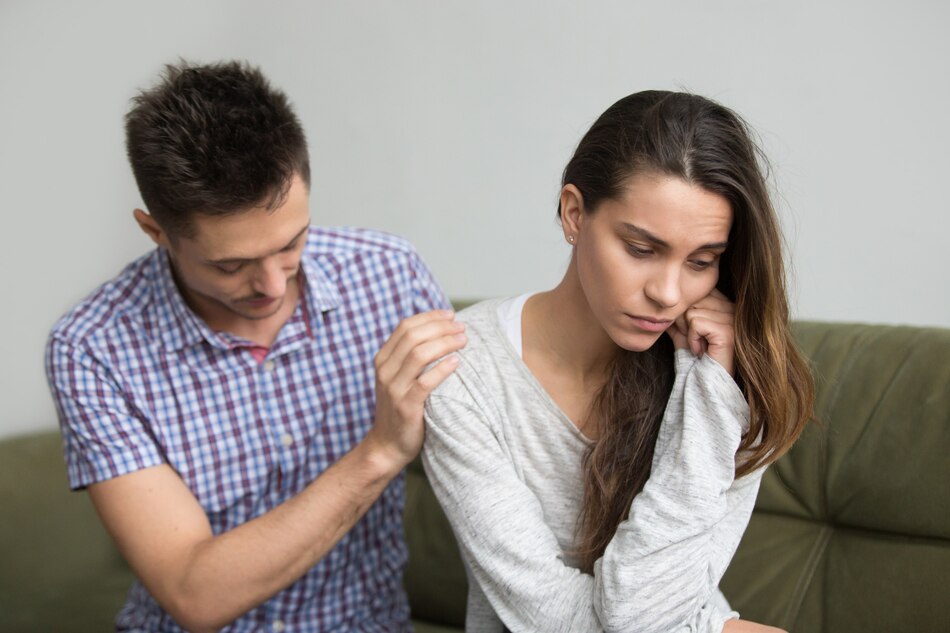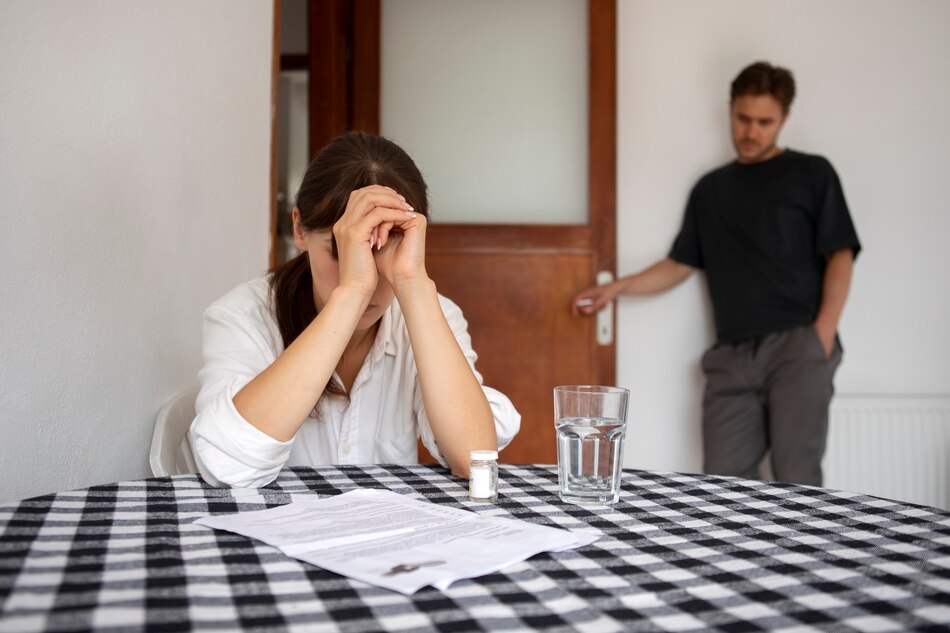Now Reading: How To Identifying Toxic Relationships: Key Red Flags To Watch For
-
01
How To Identifying Toxic Relationships: Key Red Flags To Watch For

How To Identifying Toxic Relationships: Key Red Flags To Watch For
Identifying toxic relationships is crucial for maintaining emotional and mental well being. Toxic relationships can be bad for you and drain you. If you notice the signs early you can help avoid damage in the long run. Knowing what makes a relationship unhealthy can help you stay safe. Being aware is the first thing that can help your relationships get better.
Identifying Toxic Relationships
To find poisonous relationships you must first know what makes a connection toxic. Negativity, trickery and rudeness are typical in these kinds of interactions. Many people think bad behavior is just an everyday relationship problem. Behaviors that hurt your self worth and happiness are signs of a toxic relationship. Communication that is clear and mutual respect is not present. For mental health it is essential to see these trends. Identifying poisonous relationships requires understanding the impact of these behaviors on personal well being.
1. Constant Criticism
A key sign of identifying toxic relationships is constant criticism. Toxic partners often find fault with everything their partner does. This criticism isn’t helpful, it is hurtful and puts others down. It attacks personality traits and choices which lowers self esteem. The nonstop wrong input makes you feel like you need to be better. This can hurt your confidence and happiness over time. To find poisonous relationships you need to see if feedback turns into a trend instead of a one time thing. Relationships that are healthy offer support and helpful comments instead of constant criticism.
2. Lack Of Support
Seeing a lack of help is another way to spot bad situations. One partner in a toxic relationship might not care about the other goals and accomplishments. They might not care about your problems or achievements. Not having help can make someone feel like they are not essential or respected. A partner who is there for you celebrates your successes and helps you through hard times. If help is always missing that is a bad sign. One way to spot poisonous relationships is to see if the Support is genuine and given by both people.

3. Manipulation And Control
Manipulation and control are significant indicators of identifying toxic relationships. Toxic partners often use tricks to get what they want. This can include making the other person feel guilty or changing the facts to blame them. Control can look like telling your partner what to do or making choices for them. These actions hurt independence and self esteem. In a good relationship each person’s preferences are respected and freedom is encouraged. To spot poisonous relationships you must be able to tell when someone controls or manipulates you to make you feel small or inferior.
4. Emotional Instability
Having unstable emotions is another sign of a toxic relationship. Toxic partners may have mood changes that you can’t predict. Their feelings can be powerful and hard to understand. This unpredictability makes the surroundings unclear and tense. The steady ups and downs in mood can be tiring and unstable. Stability and honest conversation are signs of a healthy relationship. Identifying toxic relationships involves nothing if emotional volatility is a regular occurrence rather than an occasional issue.
5. Disrespect And Disregard
To spot poisonous relationships you often have to spot disrespect and disregard. Toxic partners may ignore or put down their partner feelings and limits all the time. How they talk to or about their partner can show their disrespect. It shows a lack of care and respect for personal limits and feelings. Respect and care for each other are essential in healthy interactions. Identifying toxic relationships requires noticing if disrespect becomes a routine aspect of interaction.
Read Also: Top 10 Warning Signs To Look For Breakups Before They Happen
6. Isolation
Isolation is a critical sign of identifying toxic relationships. People who are in toxic relationships may try to keep their partner away from family and friends. They make you less likely to spend time with people you care about or hurt relationships outside the partnership. This makes the partner need them more because they are alone. Having healthy relationships helps you make friends and live a more happy life. One way to spot poisonous relationships is to check to see if separation is used to control the other person.
Steps To Take If You Identify A Toxic Relationship
Identifying toxic relationships is the first step toward addressing and resolving the issues. As soon as you become aware of these unhealthy habits it would help if you take action to improve your health. Here what to do if you think you’re in a toxic relationship:
1. Self Assessment
Start by thinking about how you feel and what you’ve been through. Think about how the unhealthy relationship is affecting your mental and emotional health. Consider the actions and trends that led you to decide the relationship is unhealthy. Figuring out your feelings and how you’re reacting helps you understand what is going on. Assessing oneself is essential for figuring out how wrong and harmful the poison is. This process lets you figure out what needs to change for your health.
2. Seeking Support
Ask for help from friends, family or experts. Talking to them can help people’s opinions and advice friends can help you feel better and give you good tips. Professionals like therapists or psychologists can help you figure out how to handle the situation. Getting help makes things more transparent and strengthens your determination to deal with the problems. It is important not to deal with things alone. Having help can give you helpful information and boost your confidence.
3. Setting Boundaries
Protect your mental health by setting clear limits. Tell your partner what you need and what you can’t do. Setting limits helps control relationships and stops hurt from getting worse. Even if it makes you feel bad, consistently set these limits. Setting and sticking to healthy limits is essential for dealing with bad behavior and keeping your personal space. Identifying toxic relationships involves recognizing the need for boundaries to safeguard your well being.
4. Considering Professional Help
You should get skilled help if things don’t get better. Therapy or therapy can help you deal with or handle the wrong relationship. Professionals can help you develop ways to communicate, solve problems and hold your feelings. In addition they can help you figure out if the connection can be fixed or if it is better to end it. Getting help from a professional can help you understand how poisonous relationships work and find a way to leave them.
Taking these steps after identifying toxic relationships helps protect your mental and emotional health. Putting yourself first and getting help are essential ways to deal with and get through bad situations.
Conclusion
Identifying toxic relationships is essential for maintaining mental and emotional health. Long term harm can be avoided by recognizing the main warning signs such as constant criticism, lack of Support trickery, mental instability, disrespect and being alone.
Putting your health first and making intelligent decisions about your connections is essential. Getting help from friends, family or experts can help you overcome these problems. To avoid the harmful effects of toxic interactions you must be aware of them and do something about them.


















